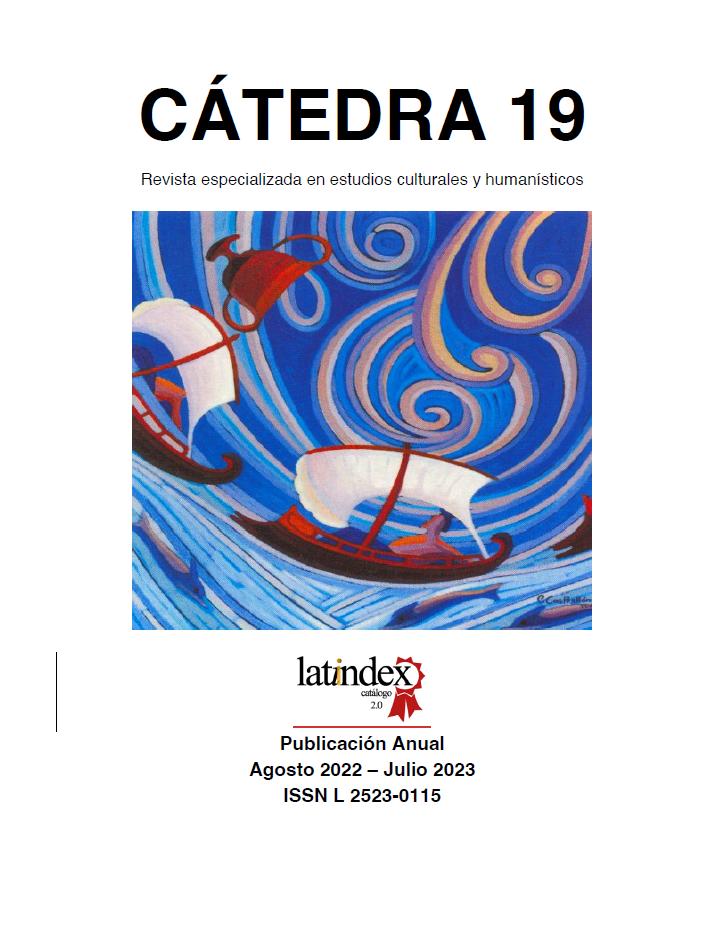

When addressing the issue of analysis of literary genres as a historical entity through comparative literature, we are dealing with a model that requires establishing an indirect link between the text and the ideal type that acts as a reference for all descriptive value. Currently, the study of literary genres has become an important part of literary theory, in which two fundamental ways of approaching the problem of genres have been distinguished; the one that considers literary genres as historical entities with real empirical characteristics and the one that tries to establish a range of permanent and temporary generic categories. Everything indicates that to carry out the discussion in comparative literature, it is necessary to take into account the binary relationships between authors and works that present deep theoretical-literary content. In this way, the writers highlight the functions of literary genres as a vehicle to communicate with the society where they develop through institutionalization, hence why there are some genres that triumph more in one society than in another